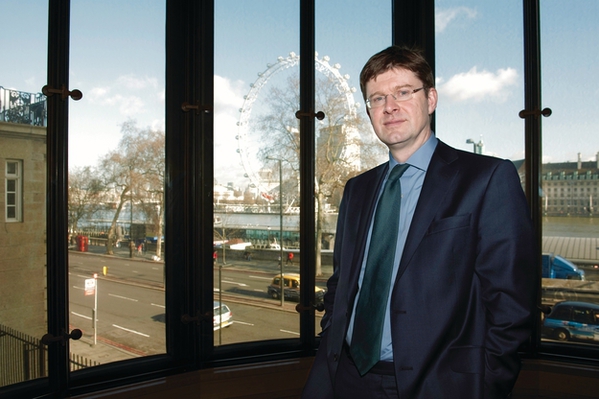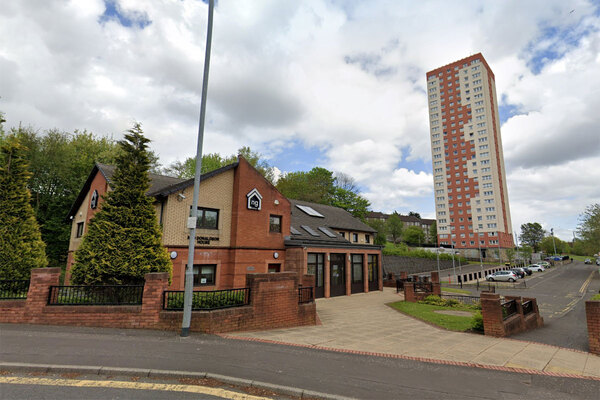You are viewing 1 of your 1 free articles
Councils may lose control of planning application processing
Planning applications could be processed by a “designated person” rather than a local planning authority, under an amendment put forward by the government in the Housing and Planning Bill.
Communities secretary Greg Clark has tabled an amendment which says a planning application can be “determined… to be processed if the applicant so chooses, not by that authority but by a designated person”.
In a Commons debate last night, housing minister Brandon Lewis said the amendment, aimed at speeding up the planning process where necessary, would “test the benefits of introducing competition in the processing of planning applications”.
He added: “The new Clause 43 would give the secretary of state the power, by regulation, to introduce pilot schemes for competition in the processing of applications for planning permission. It will also give him the power to designate who participates in a pilot scheme.”
Mr Lewis stressed the move is about “competition for the processing of applications” and not about planning decisions, which will remain with local authorities.
The Department for Communities and Local Government has not been able to confirm what types of bodies are likely to be classed as “designated persons” by the secretary of state. The amendment said the government could designate alternative local planning authorities.
The chair of the Communities and Local Government Committee and Labour MP, Clive Betts, said the amendment is “effectively about the privatisation of the planning service”.
Mr Betts raised concerns that the “designated person” might be in a position to influence planning decisions. He said: “How an applicant engages with a planning officer can lead to an eventual decision on the application. Just because a committee may make the final decision and say yes or no, the idea that the process has no role to play in shaping that eventual final decision is fundamentally wrong.
He said: “This is a worrying proposal that could undermine the accountability of the planning process to local communities.”
In these pilot areas planning authorities could set their own fees but the secretary of state can prevent the charging of fees if they are considered “excessive”, according to the amendments.
Steve Ingram, junior vice-president at the Planning Officers Society, said he was unsure how “contentious” planning applications could be dealt with by a person separate to the local planning authority.
He said: “If the developer picks a designated person to deal with an application for a highly contentious development with hundreds of people objecting and local politicians getting involved I’m not quite sure how that option would work in that environment.”
He added: “There may be questions, where it is politically contentious or locally contentious, you’re always going to be asked how independent that service is as indeed local authorities get challenged at the moment.”
UPDATE: at 5pm on 06.01.15
An earlier version of this article incorrectly attributed quotes to Greg Clark which should have been attributed to Brandon Lewis.
Related stories













